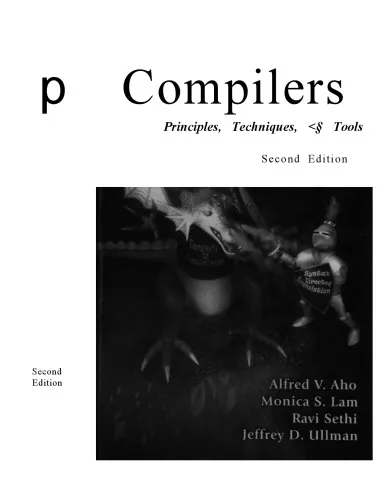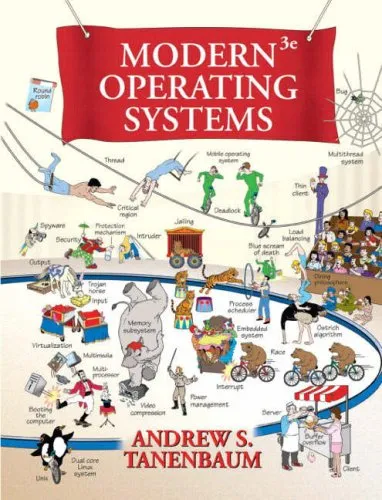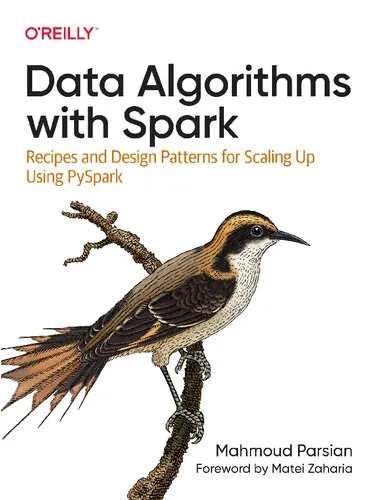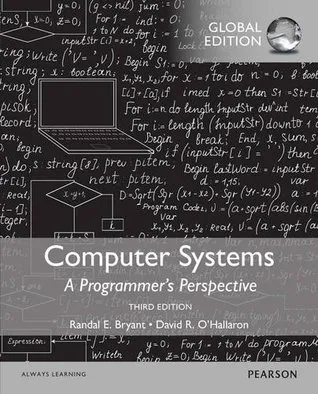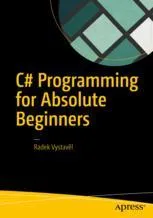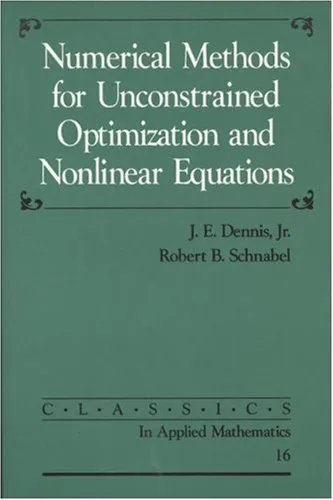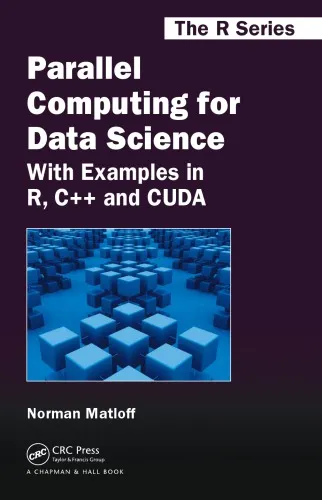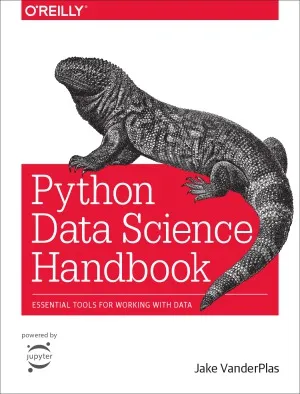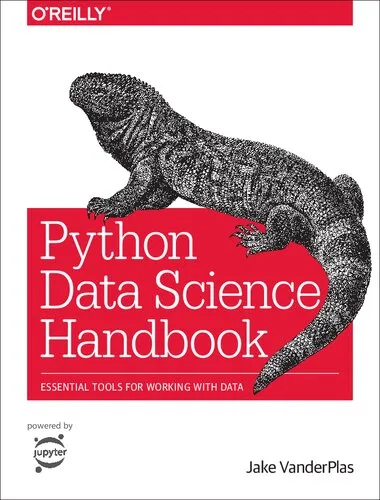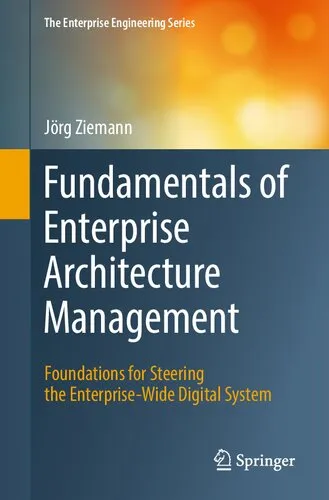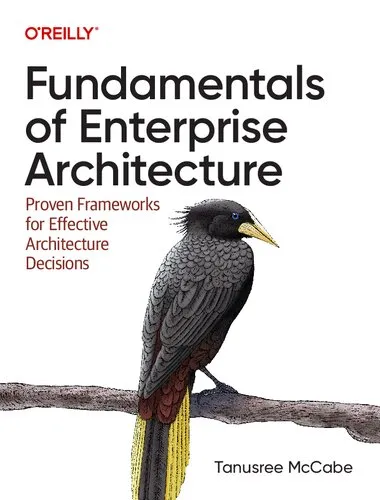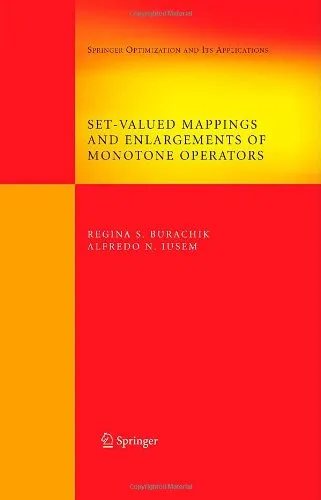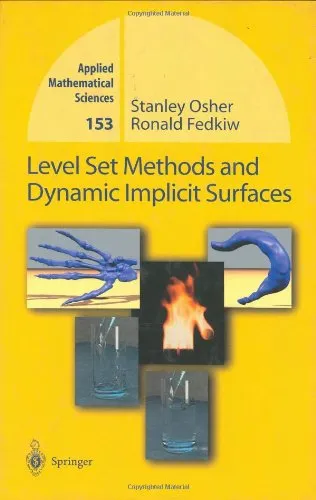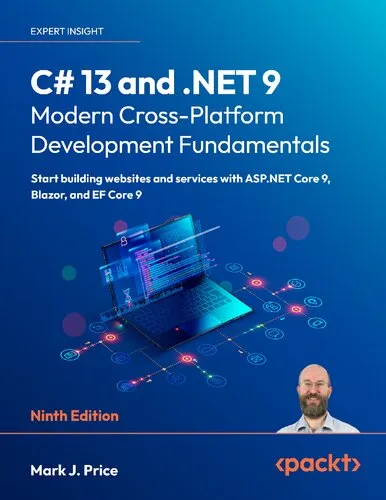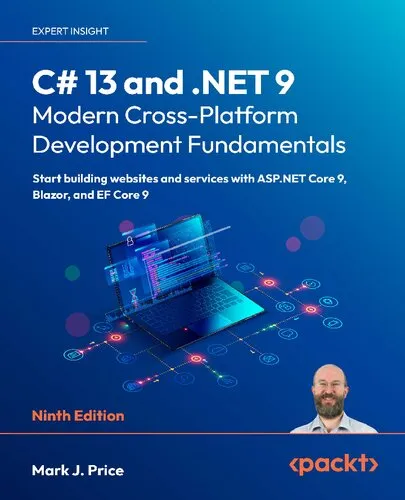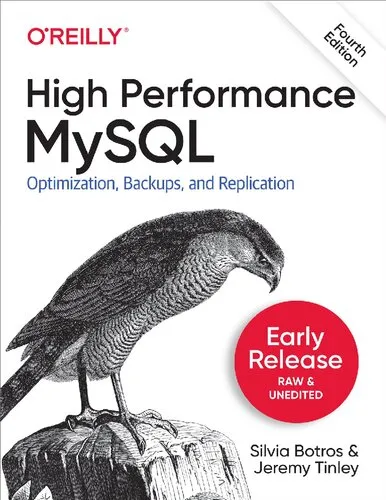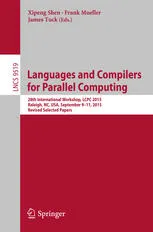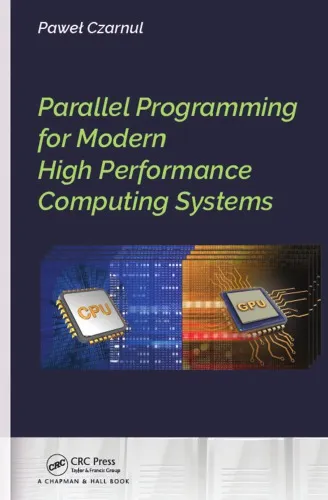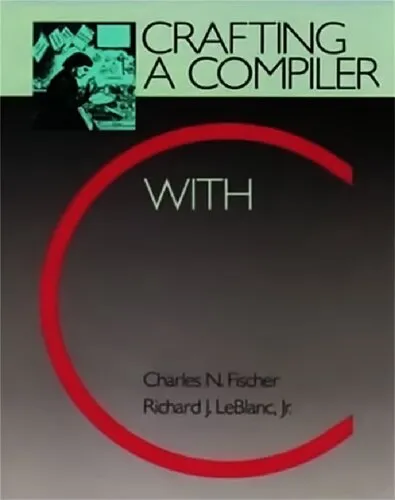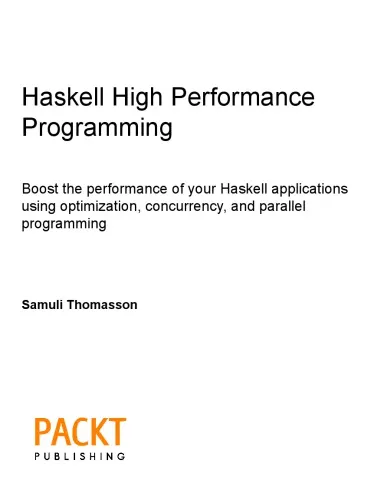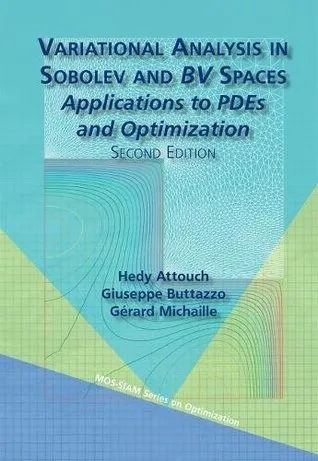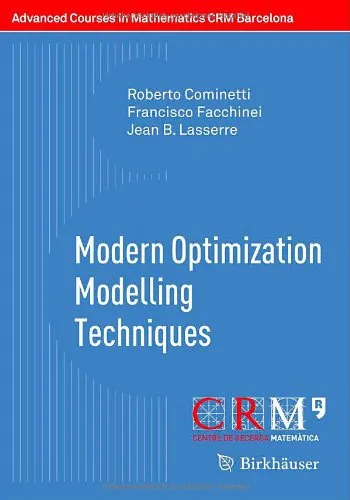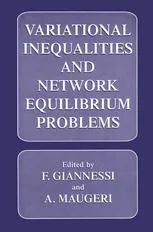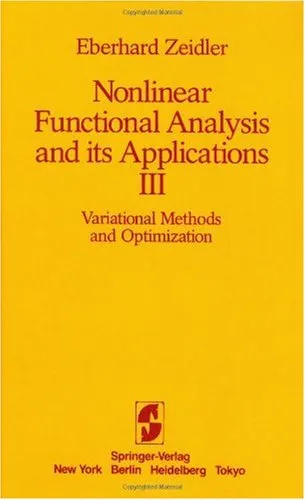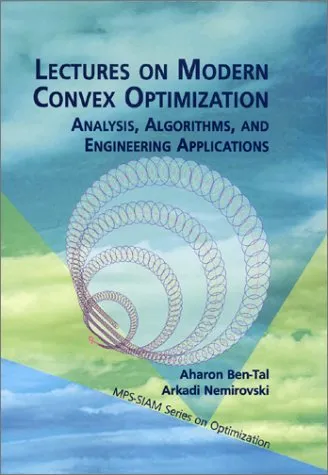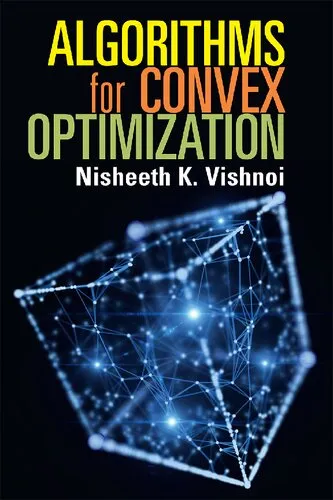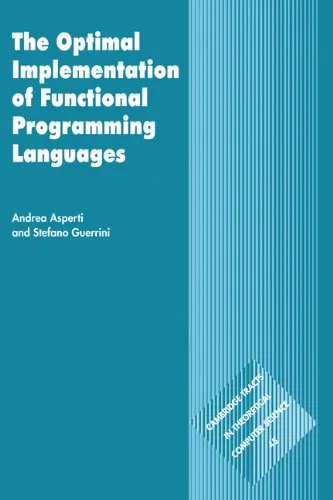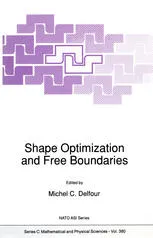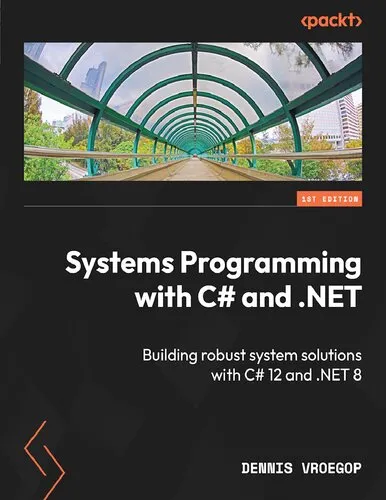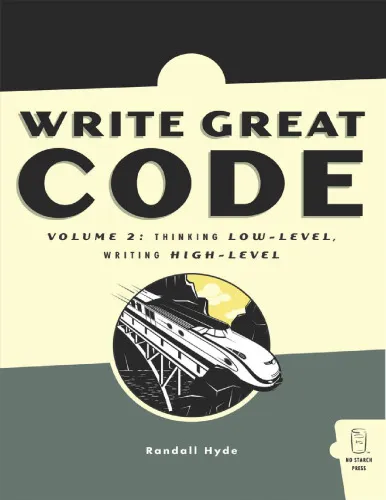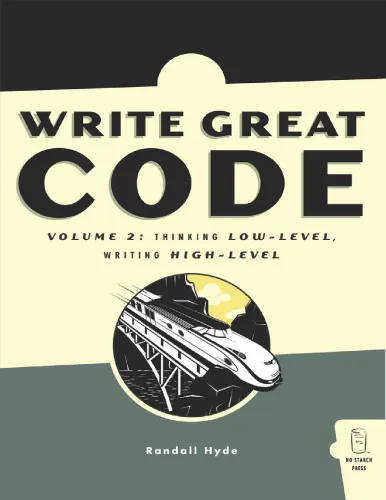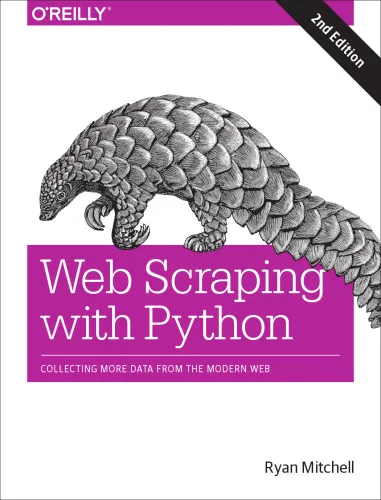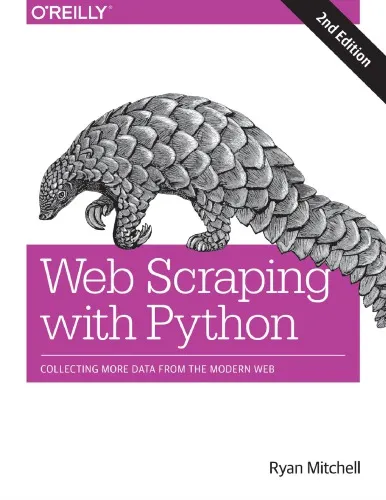Compilers: Principles, Techniques, Tools
5.0
بر اساس نظر کاربران

شما میتونید سوالاتتون در باره کتاب رو از هوش مصنوعیش بعد از ورود بپرسید
هر دانلود یا پرسش از هوش مصنوعی 2 امتیاز لازم دارد، برای بدست آوردن امتیاز رایگان، به صفحه ی راهنمای امتیازات سر بزنید و یک سری کار ارزشمند انجام بدینکتاب های مرتبط:
معرفی کتاب "Compilers: Principles, Techniques, Tools"
کتاب "Compilers: Principles, Techniques, Tools" که اغلب به نام Dragon Book شناخته میشود، یکی از اصلیترین منابع و مرجعها در زمینه طراحی و پیادهسازی Compiler ها است. این کتاب توسط چهار نویسنده بزرگ در این حوزه نوشته شده است: Alfred Aho، Monica Lam، Ravi Sethi و Jeffrey Ullman. در ادامه به بررسی خلاصهای از کتاب، نکات کلیدی و دلایلی که چرا این کتاب اهمیت دارد، میپردازیم.
خلاصهای از کتاب
کتاب "Compilers: Principles, Techniques, Tools" به عنوان یکی از جامعترین و معتبرترین منابع آموزشی در حوزه طراحی Compiler ها شناخته میشود. این کتاب به طور کامل به بررسی اصول پایه، تکنیکهای پیچیده و ابزارهای مورد نیاز برای توسعه Compiler ها میپردازد. کتاب به سه بخش اصلی تقسیم میشود: اصول کلی طراحی، تکنیکهای عملی و ابزارها و فناوریهای کاربردی. از آنجا که توسعه Compiler ها به دانش قابل توجهی در رشته علوم کامپیوتر نیاز دارد، این کتاب به طریقی جامع و کامل این مطالب را پوشش میدهد.
نکات کلیدی
- آشنایی با اصول اولیه طراحی زبانهای برنامهنویسی و ساخت Compiler.
- تکنیکهای بهینهسازی Code و افزایش کارایی نرمافزار.
- استفاده از الگوریتمها و متدهای مدرن در پردازش زبانها.
- معرفی ابزارها و Framework هایی که در صنعت نرمافزاری برای ایجاد Compiler استفاده میشوند.
جملات معروف از کتاب
«طراحی Compiler یک فرایند خلاقانه و فنی است که نیاز به درک عمیقی از چگونگی عملکرد زبانها و ماشینها دارد.»
«بهینهسازی Compiler نه تنها مسالهای تکنیکی بلکه هنریست که نیاز به تخیل و مهارت دارد.»
چرا این کتاب اهمیت دارد
کتاب "Compilers: Principles, Techniques, Tools" به دلایل متعددی در دنیای آموزش و صنعت نرمافزار اهمیت ویژهای دارد. اولاً، این کتاب توسط نویسندگانی نوشته شده که هر یک از آنها تاثیر عمیقی بر رشته علوم کامپیوتر و Engineering داشتهاند. ثانیاً، مطالب این کتاب نه تنها تئوریک بلکه بسیار عملی بوده و به صورت کاملاً گسترده در دانشگاهها و موسسات آموزشی تدریس میشود. نشریات و دانشجویی که این کتاب را مطالعه کردهاند، به درک بهتری از نحوه عملکرد زبانهای برنامهنویسی و نحوه بهینهسازی و پردازش Code رسیدهاند.
همچنین، این کتاب برای متخصصان فعال در حوزه نرمافزار نیز ابزار بسیار ارزندهای است، زیرا به آنها اجازه میدهد تا با جدیدترین تکنیکهای بهینهسازی و مدیریت Compiler ها آشنا شوند و در پروژههای مختلف از آنها بهرهبرداری کنند. به همین دلایل، این کتاب همچنان به عنوان یکی از مهمترین منابع در دانشگاهها و صنعت نرمافزار به کار میرود.
Introduction to 'Compilers: Principles, Techniques, and Tools'
Welcome to an in-depth exploration of one of the most influential texts in the field of computer science: "Compilers: Principles, Techniques, and Tools," commonly referred to as the Dragon Book. Authored by Alfred Aho, Monica Lam, Ravi Sethi, and Jeffrey Ullman, this book is a cornerstone for anyone interested in the art and science of compiler construction.
Detailed Summary of the Book
This comprehensive guide introduces the broad range of concepts and methodologies used in the design and implementation of compilers. The book breaks down the theoretical underpinnings of a compiler's components, providing a clear understanding of how high-level programming languages are translated into machine code. Key areas such as lexical analysis, syntax analysis, semantic analysis, optimization, code generation, and error detection and recovery are covered in meticulous detail.
The second edition, updated with new techniques and examples, includes insights into the latest advancements in compiler technology. Topics like just-in-time compilation, memory management, and optimization techniques are explored, reflecting the evolving nature of computing technology. Case studies within the book provide an applied understanding of how these principles are utilized in modern compilers.
Key Takeaways
- A foundational understanding of the principles of compiler design, including the lexical, syntactic, and semantic layers.
- Insights into the application of algorithms and data structures in the context of language translation and processing.
- A thorough examination of code optimization techniques and their role in improving compiler efficiency.
- Examples and exercises designed to reinforce learning and provide hands-on experience with compiler design concepts.
- Coverage of the latest developments and techniques in compiler technology.
Famous Quotes from the Book
“The structure of a compiler reflects the structure of the organized computing systems upon which it operates.”
“Compiler construction is a microcosm of computer science, with a focus on both theoretical frameworks and practical applications.”
Why This Book Matters
The significance of "Compilers: Principles, Techniques, and Tools" extends beyond its function as an academic textbook. It encapsulates the breadth of computer science, drawing on elements of formal languages, automata theory, algorithms, and data structures. For students, researchers, and professionals, it offers both a robust theoretical framework and practical insights into compiler construction.
In the ever-evolving landscape of computing, understanding compiler technology is essential for software engineers, as it underpins the software development process. This book has consistently remained a key educational resource in the field, setting a standard for how complex concepts are communicated and applied.
By delving into this text, readers gain not just a skill set unique to compiler construction, but also strengthen their understanding of programming languages and their relationship with the underlying hardware. The authors' blend of theory, practical exercises, and real-world applications makes it an invaluable asset for anyone serious about mastering the internals of compilers and the languages they translate.
دانلود رایگان مستقیم
شما میتونید سوالاتتون در باره کتاب رو از هوش مصنوعیش بعد از ورود بپرسید
دسترسی به کتابها از طریق پلتفرمهای قانونی و کتابخانههای عمومی نه تنها از حقوق نویسندگان و ناشران حمایت میکند، بلکه به پایداری فرهنگ کتابخوانی نیز کمک میرساند. پیش از دانلود، لحظهای به بررسی این گزینهها فکر کنید.
این کتاب رو در پلتفرم های دیگه ببینید
WorldCat به شما کمک میکنه تا کتاب ها رو در کتابخانه های سراسر دنیا پیدا کنید
امتیازها، نظرات تخصصی و صحبت ها درباره کتاب را در Goodreads ببینید
کتابهای کمیاب یا دست دوم را در AbeBooks پیدا کنید و بخرید
1527
بازدید5.0
امتیاز0
نظر98%
رضایتنظرات:
5.0
بر اساس 0 نظر کاربران
Questions & Answers
Ask questions about this book or help others by answering
No questions yet. Be the first to ask!
